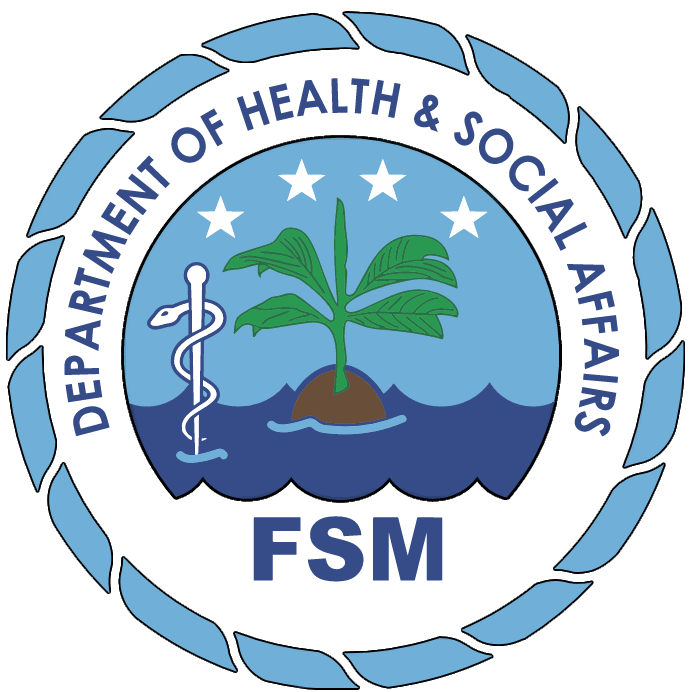
Chuuk State, November 27, 2024 – A significant milestone for the outer islands of Chuuk State was celebrated today with the handover of 15 solar water purification systems, marking an important step towards improving access to clean water for underserved communities. The ceremony, held in Chuuk, was attended by key dignitaries, including Acting Assistant Secretary Augustine Sue, who delivered remarks on behalf of Secretary Samo; the Chief of Staff representing the Chuuk State Governor; Kevin J. Petrini, UNDP Deputy Resident Representative and Country Manager for the Pacific Office in FSM; and Dr. Dorina Fred, representing the Chuuk State Department of Health Services.
The event was a testament to the collaborative efforts between various stakeholders to address the pressing need for clean water in the region. Ms. Myjoleen Kim, speaking on behalf of the Government of Chuuk, expressed deep appreciation for the support received from donor agencies through the FSM National Government, stating that this initiative is a “game changer” for the health services and overall well-being of the people in the outer islands of Chuuk.
During his remarks, Mr. Kevin Petrini expressed gratitude for the effective collaboration with the Chuuk State Government, the Department of Health Services and Social Affairs, and public health agencies. He acknowledged that, as someone with easy access to clean water, he often took this resource for granted, underscoring the critical need for such projects in the outer islands of Chuuk.
Acting Assistant Secretary Sue highlighted the commitment of the FSM National Government to improving access to clean water, stating, “With these solar water purification systems, we are taking a significant step towards improving health outcomes for the people of the outer islands and empowering women, who often bear the responsibility of water collection and sanitation in our households.” He also extended acknowledgments to the Government of the Republic of India for its invaluable support through the UN Office for South-South Cooperation and India-UN Development Partnership Fund to the FSM Strengthening Gender Machinery Project.
The initiative represents not only a commitment to enhancing water sanitation but also an alignment with the objectives of the Gender Machinery Project, which aims to empower communities through sustainable solutions. Acting Assistant Secretary Sue affirmed, “Access to clean and safe water is fundamental to health, hygiene, and overall quality of life. This project exemplifies our dedication to fostering sustainable solutions for the well-being of our communities.”
The handover of these solar water purification systems is expected to improve the quality of life significantly for many residents in Chuuk State’s outer islands, where clean water access has been an ongoing challenge.




























